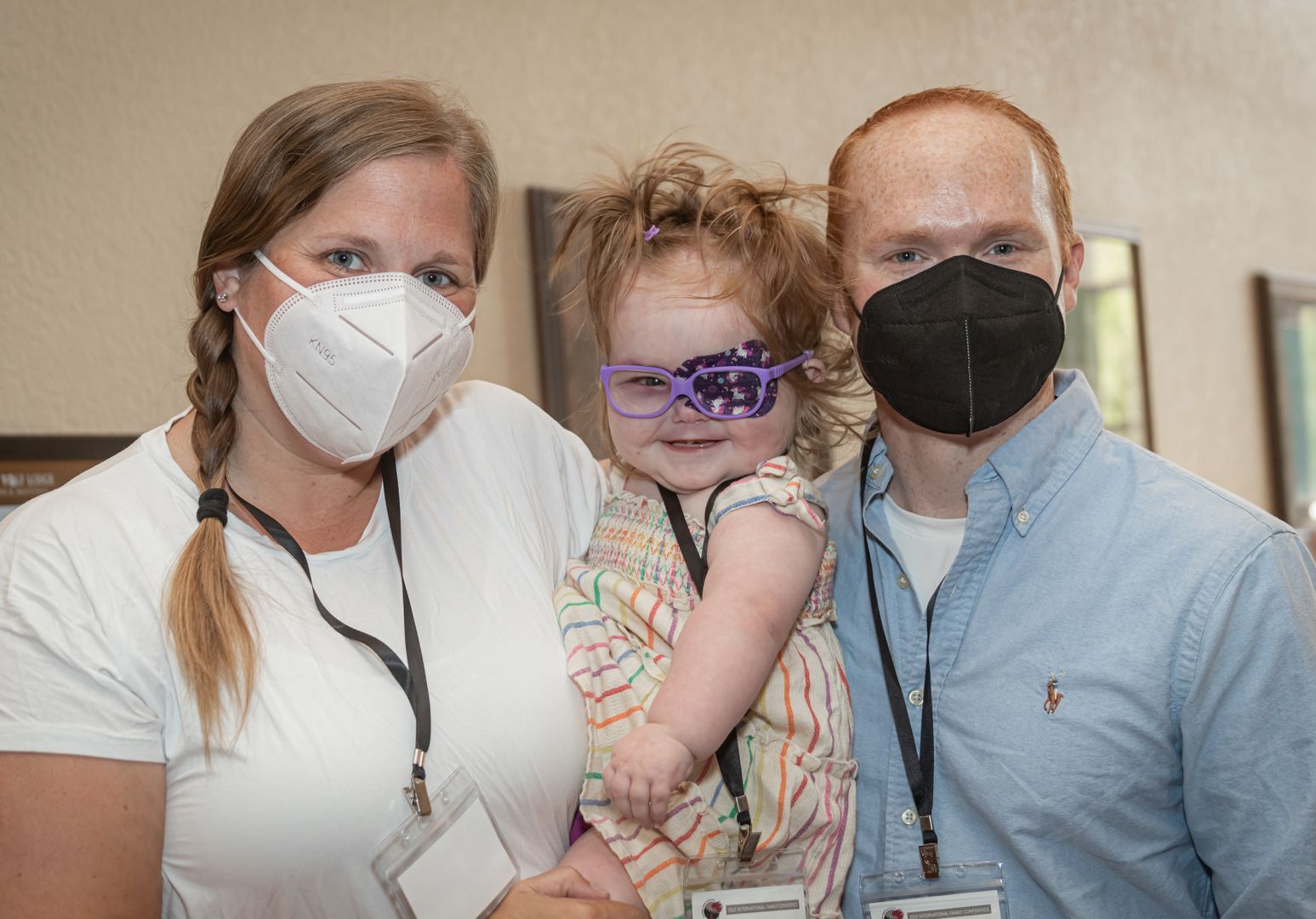As the saying goes, "CARING is SHARING". Below are just a few of the amazing stories from SWS patients and families. Read the wonderful hope and impact we all can have on making progress! Then, share your journey story with us using the form below.
-
Christian Singer Jordan St. Cyr Shares 5-Year-Old Daughter's Journey with Sturge-Weber Syndrome (People Magazine Exclusive)
-
You can find us in Mediaplanet’s Neurological Diseases & Health campaign, published on 12/29/23! Highlighting resources for those affected by Alzheimer’s disease, epilepsy, Sturge-Weber syndrome, ALS, Rett syndrome, migraines, and more, this campaign aims to raise public awareness about the prevalence, symptoms, and challenges faced by these individuals, while emphasizing the importance of early detection, research advancements, and support services. Read more interesting articles on neurology here: https://www.futureofpersonalhealth.com/campaign/neurological-disorders/

Ready to share your journey with us?
Here are some tips for telling your authentic journey story with others:
Be Relevant. Your journey story of SWS, KT, and PWB is what you have, not who you are. Many people may admire Michael J. Fox for his efforts to end Parkinson’s in his lifetime. But it’s more than his drive to end this disease; it’s the human connection he makes with his audience.
Your journey story is not just about the form of SWS you have been diagnosed with; it’s about your unique story of overcoming obstacles and moving forward. It is about the effect your story has on those experiencing the same diagnosis, symptoms, challenges, and highs and lows. You can’t have the highs without the lows.
Be Authentic. Your journey story should be real, honest, and authentic—don’t be afraid to get deep in the trenches. Let your emotions—good, bad, and ugly—guide your story because we all have been there. Don’t downplay your experiences. Don’t let the inner voice of judgment allow you to silence your emotional story.
Don’t be afraid to use humor to tell your journey story. Chances are there are some good belly laugh stories along your journey. Share this. Laughter is the best medicine, after all.
Everyone loves a good comeback story. Encourage others by being real from the first diagnosis to where you (or your child) are. Celebrate the fact you’ve come a long way, baby!
Here are a few extra writing prompts to get your creative juices flowing:
1. Create a story arc. Introduce the story's hero(es), set the scene, build tension with a challenge or crisis, and then end with the climax, where "everything falls into place." A good story is always worth repeating.
2. Start or end with something unique about yourself. It could be funny quirks, your hobbies, your unique talent—anything goes.
3. What did it mean to you when you were first diagnosed? How did it make you feel?
4. Start by describing your diagnosis and/or symptoms. Then, talk about your surgeries. How many were you, and when were you first?
5. Consider speaking to mother-to-mother, patient-to-patient, or advice from an older patient to a younger patient.
6. Discuss how your diagnosis has changed your life. What are some of your biggest challenges?
7. What advice would you give parents to help their children with this diagnosis? Or, what is the best advice you would give someone with this diagnosis?







